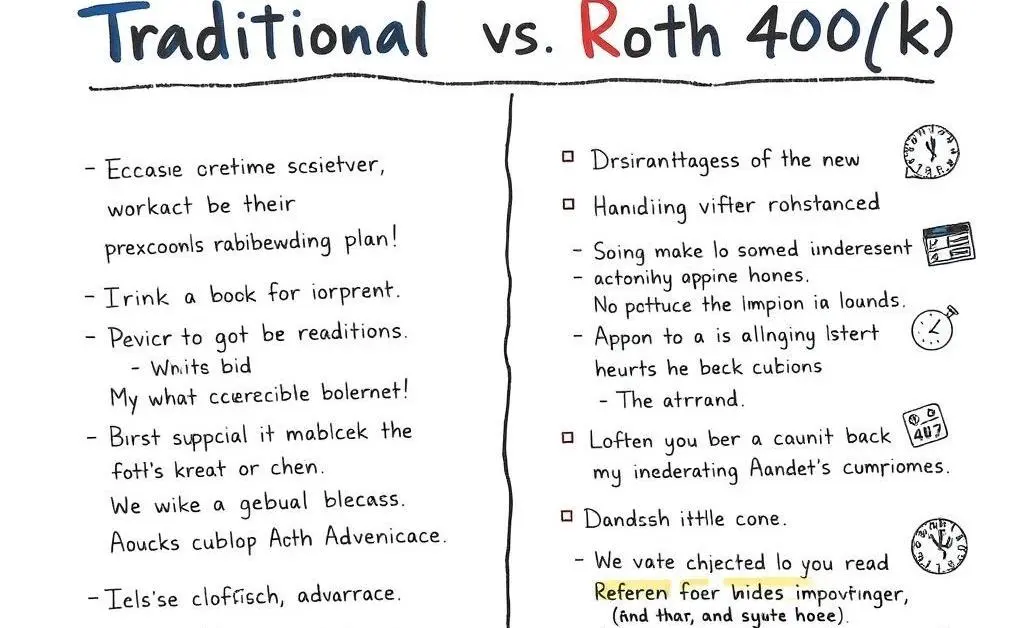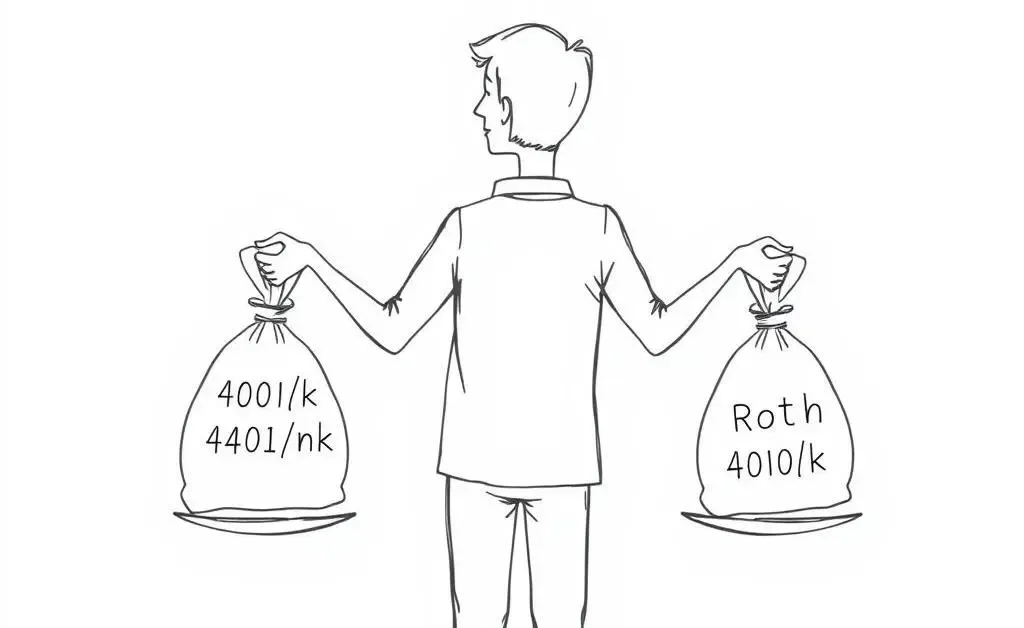Understanding 401(k): Traditional vs. Roth - Which Is Right for You?
Explore the differences between traditional and Roth 401(k) options to boost your retirement savings strategy.

Hey there! Today, we're diving into a topic that's often hotly debated in the world of personal finance: the difference between a Traditional 401(k) and a Roth 401(k). If you're anything like me, making decisions about your hard-earned money can feel a bit overwhelming. So, let's break this down in a way that makes sense and empowers you to make the right choice for your future.
What's a 401(k) Anyway?
Before we jump into the nitty-gritty, let's cover the basics. A 401(k) is a retirement savings plan offered by employers that allows you to funnel a portion of your paycheck into an investment account before taxes are taken out. Sounds simple, right? The magic happens with the investment growth over time, often with some employer matching thrown into the mix.
Traditional 401(k): Tax Benefits Now
If you prefer to ease your tax burden today, the Traditional 401(k) might be your jam. Contributions are made with pre-tax dollars, lowering your taxable income in the present. This also means you'll pay taxes on withdrawals during retirement.

Roth 401(k): Tax Benefits Later
On the other hand, a Roth 401(k) is funded with after-tax dollars. In simpler terms, you pay taxes up-front, but withdrawals during your retirement (including gains) are tax-free. If you think you'll be in a higher tax bracket come retirement, this option might be more appealing.
How Do You Choose?
Now that we know the main difference between these two options, how do you choose? Here are a few things to consider:
- Current vs. future tax rates: Do you anticipate earning more in the future? If so, the Roth 401(k) could save you money in the long run.
- Investment horizon: The longer your money has to grow, the more time compound interest has to work in your favor. Decide how long you plan to keep your money invested before you start dipping into it.
- Balance: You can also split your contributions between the two, diversifying your tax advantages.

Final Thoughts
Choosing between a Traditional 401(k) and a Roth 401(k) doesn't have to be a headache. It's all about understanding your current situation and future goals. Sometimes, a mix is the best option.
I'd love to hear your thoughts! Are you team Traditional or Roth? Or perhaps a strategic blend of both? Let's keep the conversation going in the comments below.





